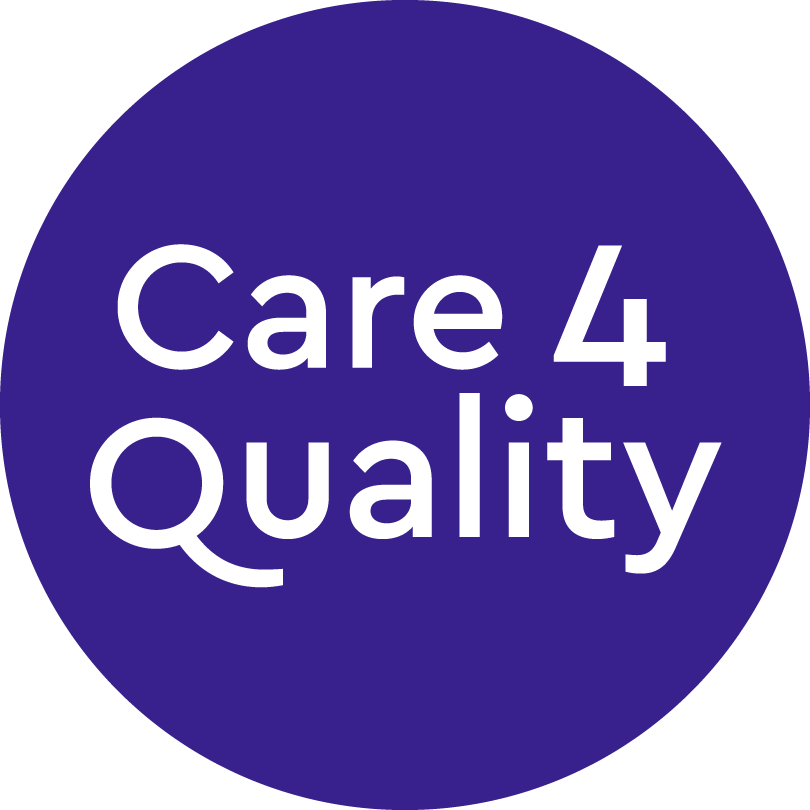Warfarin and other anticoagulants – monitoring of patients during the COVID-19 pandemic
Supratherapeutic anticoagulation observed during the pandemic
The MHRA has been contacted by King’s College Hospital in London regarding their concerns over an apparent increase in the number of patients taking warfarin found to have elevated international normalised ratio (INR) values during the COVID-19 pandemic (Speed et al 2020).
The reasons for this are likely to be multifactorial. Most, but not all of these patients had suspected or confirmed COVID-19 infection while others had recently been treated with antibiotics. In other patients, the authors suggest lockdown may have affected access to green leafy vegetables and led to increased alcohol consumption, while the psychological impact of social distancing and bereavement may have affected adherence to regular medications.
Advice for healthcare professionals
Healthcare professionals are reminded that acute illness may exaggerate the effect of warfarin tablets and necessitate a dose reduction. Therefore, continued INR monitoring is important in patients taking warfarin or other vitamin K antagonists (VKA) if they have suspected or confirmed COVID-19 infection, so they can be clinically managed at an early stage to reduce the risk of bleeding.
Some patients taking warfarin may have been switched to DOACs during the pandemic to avoid regular blood tests for INR monitoring. Healthcare professionals will be aware that VKA interact with a large number of medicines but are also reminded that direct-acting oral anticoagulants (DOACs) including Eliquis (apixaban), Lixiana (edoxaban), Pradaxa (dabigatran) or Xarelto (rivaroxaban) also interact with several medicines.
Patients with COVID-19 may be treated with antibiotics in line with NICE guidance and may also be treated with antivirals. Healthcare professionals are therefore reminded of the potential for drug-drug interactions between oral anticoagulants (i.e. VKA or DOACs) and certain antibiotics and antivirals and are advised to follow existing advice in product information. This includes advice on the need for INR monitoring in patients taking VKA who have recently started taking new medications.
The MHRA is also aware of a small number of patients in whom warfarin treatment was continued after starting treatment with DOACs. To reduce the risk of over-anticoagulation and bleeding, healthcare professionals should ensure that warfarin treatment is stopped before DOACs are started.
Advice to give to patients
Patients attending for INR tests or who are collecting prescriptions for VKA should be asked to let their GP and healthcare team know if they have symptoms of or confirmed COVID-19 infection, because it is important that they continue to have their INR monitored while they are ill.
Patients taking VKA should also be reminded to let their GP and healthcare team know about any recent changes to their diet (including alcohol consumption), smoking habits, any new medicines or supplements they are taking, and of the need to carefully follow the instructions for use for anticoagulant medication.
Patients taking VKA should also be instructed to let their GP and healthcare team know if they are ill with sickness or diarrhoea or have lost their appetite, or are unable to attend their next scheduled blood test for any reason, including because they feel unwell.
You can also download Care4Quality’s free anticoagulant risk assessment here
